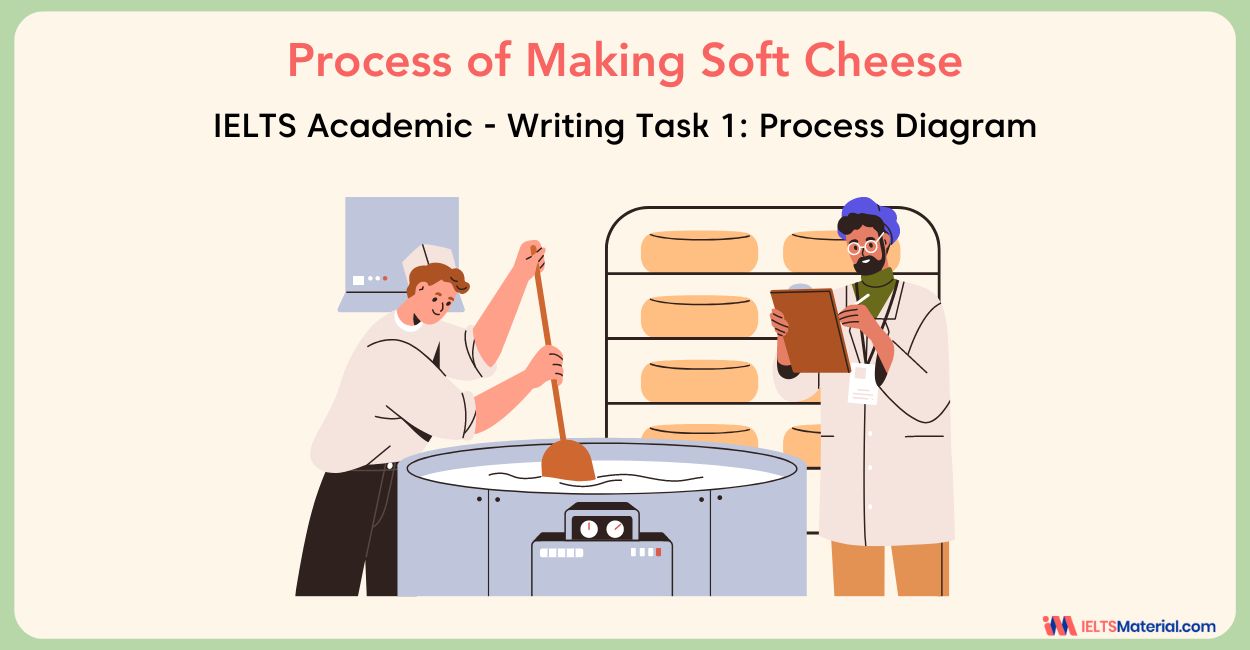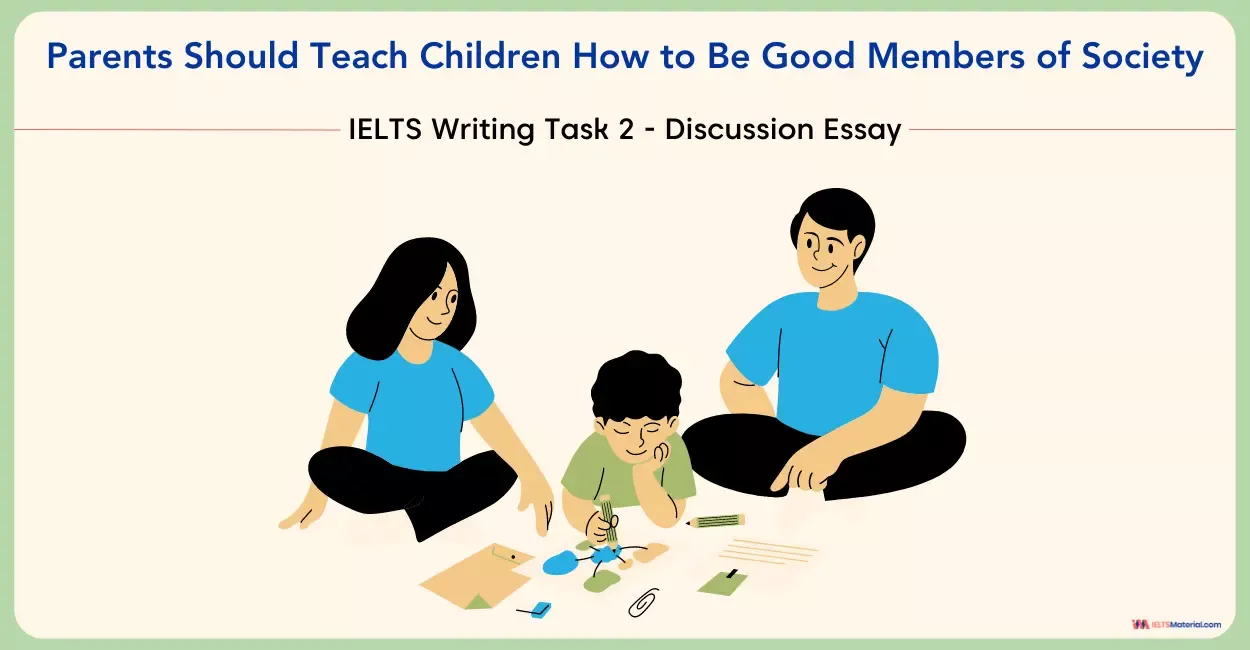Local History vs World History – IELTS Writing Task 2
Table of Contents
IELTS Writing Prediction Questions for 2024
The Essay Writing section of the IELTS Writing Module can be a difficult task for many IELTS aspirants. Thus, it is vital that you polish your essay writing skills before attempting the IELTS.
IELTS Writing Task 2 Topic:
It is more important for schoolchildren to learn about local history than world history. To what extent do you agree or disagree?
Model Essay 1:
Teaching history for schoolchildren has been a heated topic constantly. There is a common belief that local history is more important to children than world history. However, I disagree with this belief.
I believe the notion that local history is more valuable than world history should be rejected. Some people may claim that the insights into the local historical values are completely enough for one to live. Their claim could be true a few decades ago when most interpersonal communications were between people of the same race and origin. However, this view is now outdated, as the world has become globalised, and international business and migrant workers have made any community a global village. In this context, an understanding of a foreign country’s history would enable future local workers to reinforce the relationship between them and the expatriates from that country.
In addition, I am strongly convinced that children would benefit the most only when the learning of local history is placed parallel to that of world history. To understand a local historical event, children should put the regional and sometimes even world context in that historical era into consideration. For example, children should acknowledge that the event that Vietnam regained its independence after defeating the Japanese troops in Indochina in 1945 only happened after a series of relevant events in the World War II, one of which is the surrender of Japan to the Allies. In this way of learning, children would understand history more deeply and thoroughly.
All the existing data has provided a concrete foundation that the study of local history should always be parallel to that of world history. This practice would guarantee that children learn history more comprehensively and be able to tighten the bond with migrant workers in their country.
Model Essay 2:
History is a subject that is present in most school systems and is compulsory at many levels of education. Regarding this matter, debate has been heated about the importance of teaching of local history, instead of world history to schoolchildren. In my point of view, the focus of this subject should be placed on the local history rather than the history of the world.
Firstly, local history provides a foundation for the youth to explore their own identity and that of their nation. For example, Vietnamese school children should be educated about the Great Hunger occurred in 1945 during the war with the Japanese in order to fully appreciate the plight that their forefathers had experienced and therefore value the life of peace, freedom and independence today. I feel it is essential that the youth, the leaders of tomorrow, are given the broadest, most accurate platform on which they can construct their own perceptions of life.
Opponents of this view claim that the world history should not be removed from the school programs as it is related to local history and students will have a better understanding of the subject. I am convinced that this view is flawed. In fact, much history teaching is concerned simply with memorising “facts” in the world that have little to do with their own countries and therefore students will feel overburdened if they are obligated to learn it. This, in the long run, would not benefit children.
All things considered, for school children, the relevance of receiving knowledge about local history dwarfs that of learning world history.
Model Essay 3:
It is argued that children in the age of schooling should place more emphasis on learning the history of the place where they live than the global history. While I agree that finding the local history will help them gain more knowledge of their origin, I believe that there are some benefits of accessing the world history.
On the one hand, it is true that teaching children understanding of the local history helps them promote a sense of patriotism. In fact, the whole Vietnamese had suffered numerous strauma during the war against Western enemies, just because thousands of Vietnam heroes sacrificed their live to protect the independence and freedom. Therefore, they have to a duty to increase the nationalism in the preservation of the peace that they are enjoying. Furthermore, nowadays more young people are reluctant to studying history compared to epochal significance. This means that the value of historical events will be put aside to some extent and gradually sink into oblivion, hence it is vital that children should learn the past of ancestors and predecessors.
On the other hand, studying history in the world brings numerous benefits to young learners. Firstly, obtaining knowledge from the world enhances our horizons of the civilization and developments of humans. During the globalization, more children are likely to access international education, so they face misunderstanding and backwardness when moving to a new country if they fail to recognize the importance of human history. In addition, attaining cultural literacy on a world scale is another advantage. Human beings, unlike other species, have the gift of language, that is, symbolic thinking and communication, so communicating intelligently in any language, requires that we share a common fund of knowledge, information, vocabulary, and conceptual tools to become global citizens.
In conclusion, I hold my firm belief that by learning history at a local and international level in educational system, future generations will get deeper insights into the past human dignity.
Bonus question:
Some people believe that it is more important to teach children the literature and history of their own country, rather than the literature and history of other countries. To what extent do you agree or disagree?
Get Evaluated for FREE:
Do you have an essay on this topic? Please post it in the comments section. One of our IELTS trainers will evaluate your essay from an examiner’s point of view and reply to the comment. This service is completely FREE of cost.
See also:
- IELTS Writing Task 2
- Tips to write introduction in IELTS Writing Task 2
- Tips to write great writing essay
- IELTS Sample essays
- IELTS Writing task 2 Tips
- Tips to Improve IELTS Writing Skills
- How to get band 8 in IELTS Writing Task 2
- IELTS Writing recent actual test
- Band 9 essays
- Advantage and Disadvantage Essays
- IELTS Writing Answer sheet
Practice IELTS Writing Task 2 based on Essay types
Effective IELTS Essay Connectors for Writing Task 2 & Task 1
Explore other Writing Actual Tests


Kasturika Samanta
Recent Articles


Raajdeep Saha
Kasturika Samanta

Akanksha Tripathi





Post your Comments